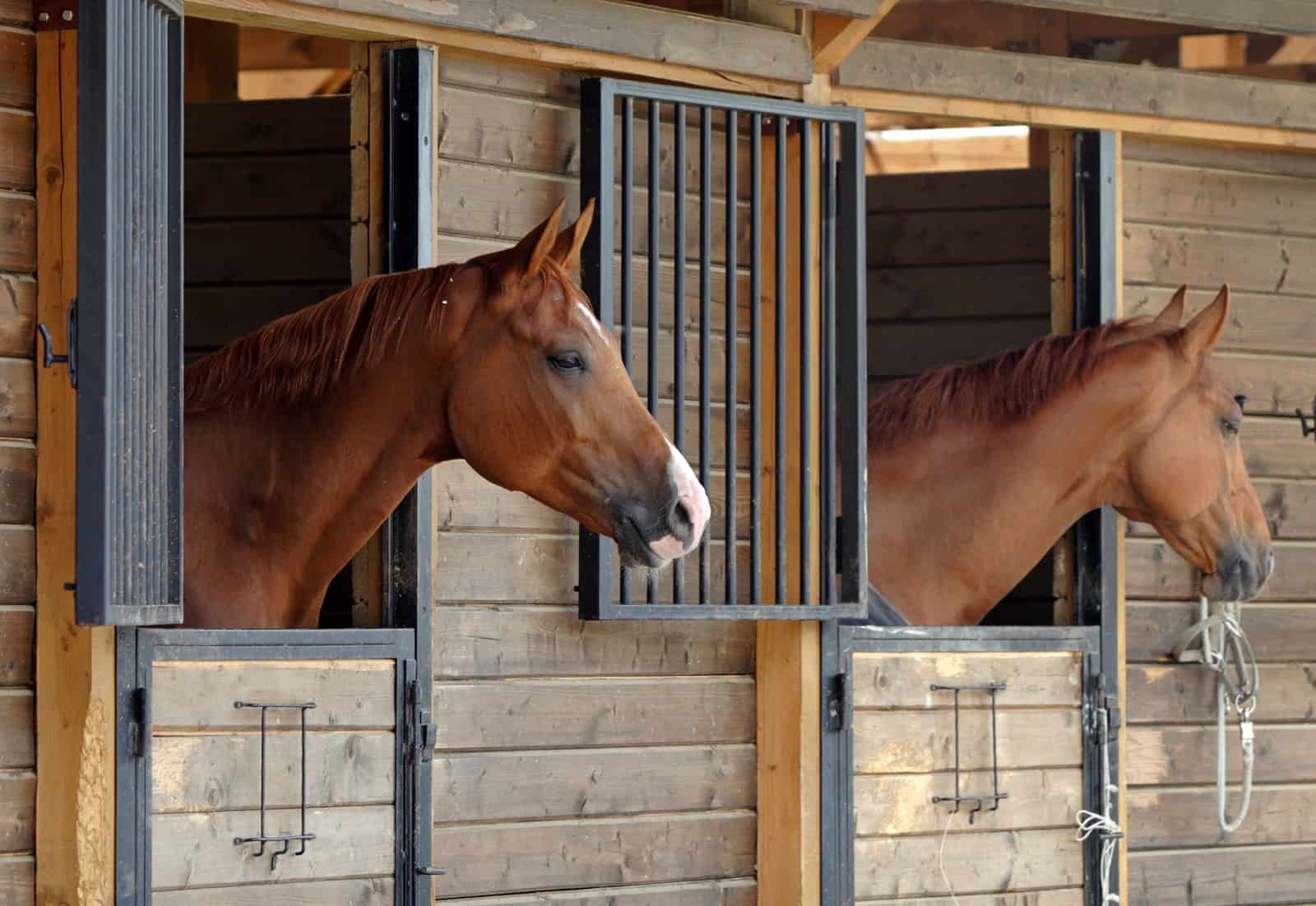Pari-mutuel betting is the most common form of betting in horse racing. If you like to gamble, you’ve probably taken part in a pari-mutuel pool at some point. On paper, it can seem complicated, but in practice, it’s relatively straightforward. It’s also legal in almost every region in the world and is often run by either the state or a sole state-approved operator.
What is pari-mutuel betting?
Perhaps the most important quality of pari-mutuel betting is that you are essentially betting against your fellow gamblers, not against the house. That is why it is legal more widely than other forms of betting. Although the betting provider does take a cut, this is more of an administrative fee, and it comes from the total pool of wagers rather than out of your bet. Apart from this cut, known as the house take, all the money put down as bets is divided between the winners.
Betting on a race
All the usual types of horse racing betting can be undertaken with pari-mutuel betting. The difference is that all the bets on a particular race are placed in a pool together, and any winnings will come out of the pool. The more people bet on a race, the more money goes into the pool, and the bigger the potential winnings will be. However, the more people with a winning bet, the smaller the individual winnings will be, as the prize money has to be divided between more lucky punters.
Understanding the odds
When placing a pari-mutuel bet you will not be offered fixed odds, only probable odds, which will change continually up until the point where the betting pool closes, no more bets can be placed, and the race is underway. That is because the odds, and the payout, are determined by how many people back that particular horse or make a bet. The ‘favourite’ will be the horse that the most people are confident will win, but it’s also the horse where the money will have to be divided between the most people if it does come first.
Choosing a horse
Choosing which horse to back is more difficult with pari-mutuel betting than with fixed odds betting. It’s still worth following expert opinions, such as Cheltenham Festival tips, for the best runners and riders. In terms of payout, you’ll always get the best results if you back an outsider and it does better than expected. More complicated bets like a Tricast will also always pay off well, but that’s because they are less likely to succeed than a straight win or each-way bet.
Recognising pari-mutuel betting
The easiest way to know that you’re placing a pari-mutuel bet is that the odds will keep changing. In the UK, pari-mutuel betting is often known as ‘The Tote’, or Tote Betting. This is named after the Totaliser; the calculating machine used to work out the odds and payouts introduced to British tracks in the early 20th century. Of course, today these are all worked out by computer, but the name remains.
Pari-mutuel betting remains a prevalent form of gambling. Because punters bet against each other, it’s seen as fair and above board, and it’s never going to be possible to ‘break the bank’. The downside is that without fixed-odds, it’s more difficult to come up with a betting strategy. When you do win the rewards are often quite substantial.



